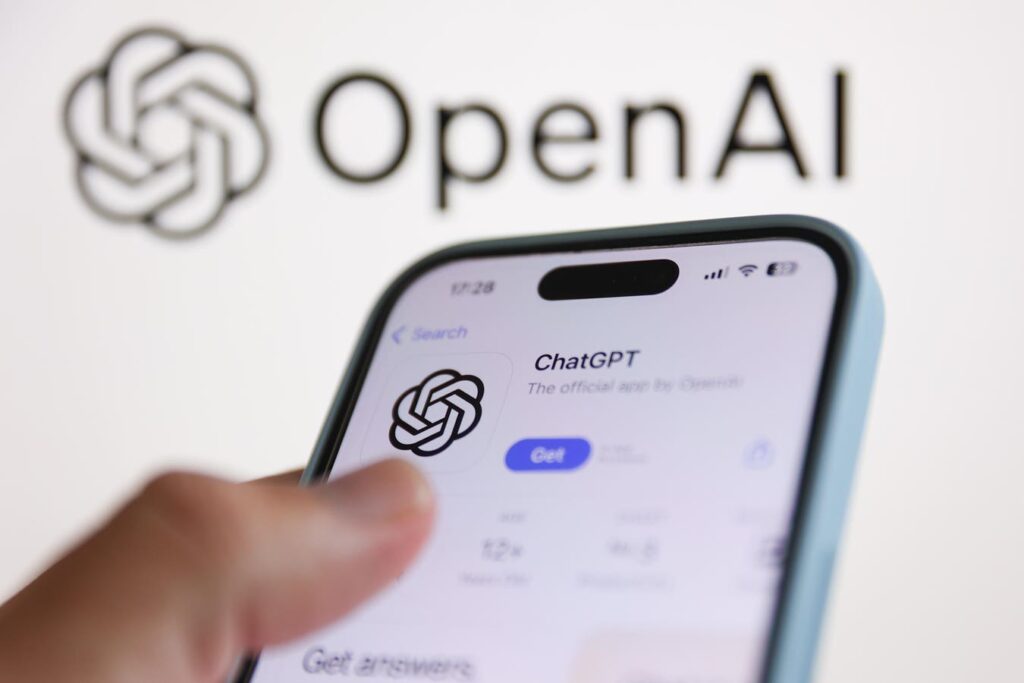Last week, I asked Apollo Co-President Scott Kleinman how his firm is leveraging AI in private credit. Without hesitation, he told me that Apollo is going all in.
That moment stuck with me—because ten years ago, I was in the trenches doing the kind of work that AI is now poised to automate. Even at the world’s top investors like Apollo.
In my private equity days, I spent sleepless nights combing through Excel files, building models from scratch, and meticulously analyzing data rooms—mostly for deals that would never close. It was important work, but much of it was low-leverage. My fund was paying top-tier talent to move numbers from one spreadsheet to another.
It wasn’t just inefficient. It was a barrier to scaling the asset class.
Today, that barrier is falling fast.
AI is rapidly upending the private markets. Particularly in private credit, where AI adoption is inflecting. Not in some hypothetical future—but right now, in workflows that have long resisted automation.
Lenders are using AI to qualify borrowers faster, automate diligence, and generate detailed financial memos that used to take teams of analysts days to complete. Borrowers are streamlining capital raises and reporting with AI-powered tools. And the entire process is becoming more efficient, more scalable, and more precise.
But here’s the catch: generic AI models won’t get us there. The stakes are too high, and the workflows too nuanced, for shallow reasoning or hallucinated answers.
Tools like OpenAI’s GPT-4o, Google’s Gemini, and Anthropic’s Claude are incredibly powerful at processing natural language. But when it comes to complex financial workflows—reasoning over raw Excel files, calculating unlevered free cash flow, mapping covenants—these general-purpose LLMs consistently fall short.
We saw this firsthand. My company, Arc, benchmarked GPT-4o against our internal AI system on a series of tasks in private credit. Finding net debt? GPT got it wrong more often than not. Calculating leverage ratios? Missed. Computing customer cohort retention over a 24-month span? Failed.
Financial analysis is a different beast. It’s multi-step, math-heavy, and intolerant to hallucination.
That’s why the future of AI in finance isn’t horizontal—it’s vertical.
At Arc, we’ve spent the last two years building Arc Intelligence: a vertically integrated, agentic AI system trained specifically on the workflows of private credit lenders. It’s model-agnostic, multi-modal, and capable of digesting unstructured data like Excel files with a level of precision that far exceeds generic models (~3x higher accuracy than foundational LLMs like OpenAI, as of this column).
More importantly, it doesn’t just answer questions—it completes workflows. Our system pulls, cleans, and analyzes data, then writes diligence reports grounded in verifiable source material.
Think of it as the financial analyst that never sleeps. (sidebar: I tried not to sleep on those deals either—but even I would burn out by day seven of chasing a dead process.)
This is personal for me. I remember what it felt like to lose entire weekends to data entry, formatting, and memo writing. I built what I wish I had in the bullpen.
And it’s not just me. We’re seeing demand surge from across the private credit market. Over 300 lenders have joined the waitlist to use Arc Intelligence. The LP dollars are flowing to the funds that have real AI strategies. And deal teams are looking for every edge they can get in a highly competitive market.
AI is no longer a luxury. It’s table stakes.
This wave of adoption won’t just make private credit faster. It will expand the market—enabling lenders to serve more companies, originate better deals, and redeploy their teams toward higher-leverage work.
We’re still early in this shift. But one thing is clear: the private credit funds that embrace vertical AI will define the next era of the market. The rest will be left behind.
And for those of us who spent years buried in spreadsheets at 3 AM, that future can’t come soon enough.
Read the full article here

